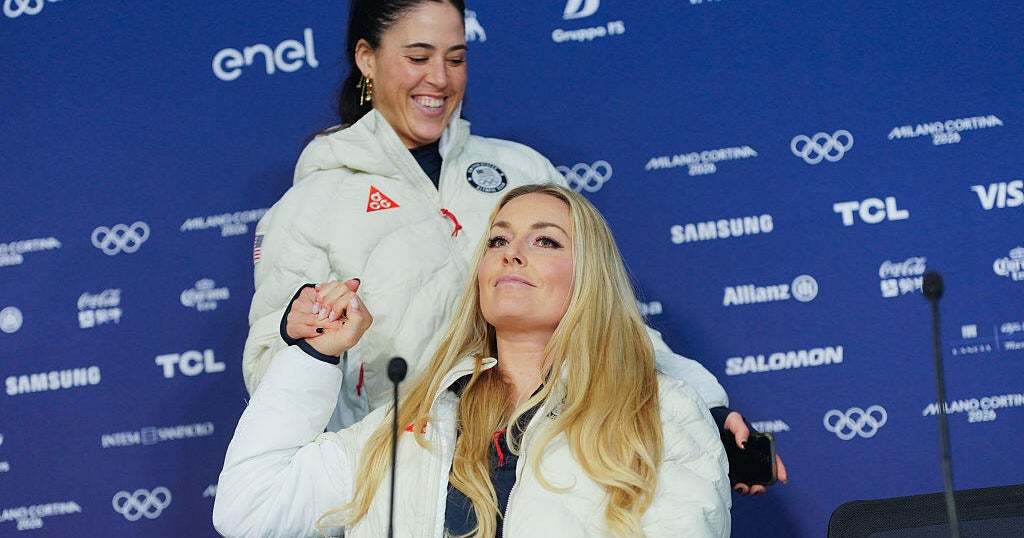"There's no judgment there": Veterans find support on the golf course
One of the most pressing issues facing veterans when they leave the military is transitioning to the civilian workforce. For some, post traumatic stress disorder and injuries sustained during their service make the transition extremely difficult.
It's something not always understood in the civilian world. But at Operation Double Eagle — a job training program in Georgia where veterans learn golf course maintenance — disabilities don't matter.
Army veteran MaryKatherine Gorlich says golf is therapeutic.
"You can be broken and still play," she said.
She's facing physical and mental challenges after eight years in the Army.
"It doesn't look like anything is wrong per se, it's invisible disabilities that people don't understand," she said. "A lot of us are disabled and we have our little quirks on what we can do and what we can't. There's no judgment there, it's like, 'Oh OK, hold on, back's spasming, need a break.' And there's no issue. They understand."
Matt Weber understands. The Army veteran was homeless before he joined the program.
"I finally found something I'm decent at and I enjoy," Weber said. "Vets looking out for vets, there's nothing really better than that."
After the nine-week job training program, Operation Double Eagle will help those who want to work on a golf course, where there's an industry-wide staffing shortage, find jobs. Long term, the group plans to renovate their home course, Augusta Municipal, into a fully accessible facility where anyone with disabilities can play.
Gorlich said she plans to start her own business and hire other veterans because she sees what the program has done for her mental health.
"I'm outside, I'm surrounded by other veterans, and so I have that camaraderie that means so much to veterans," she said.




